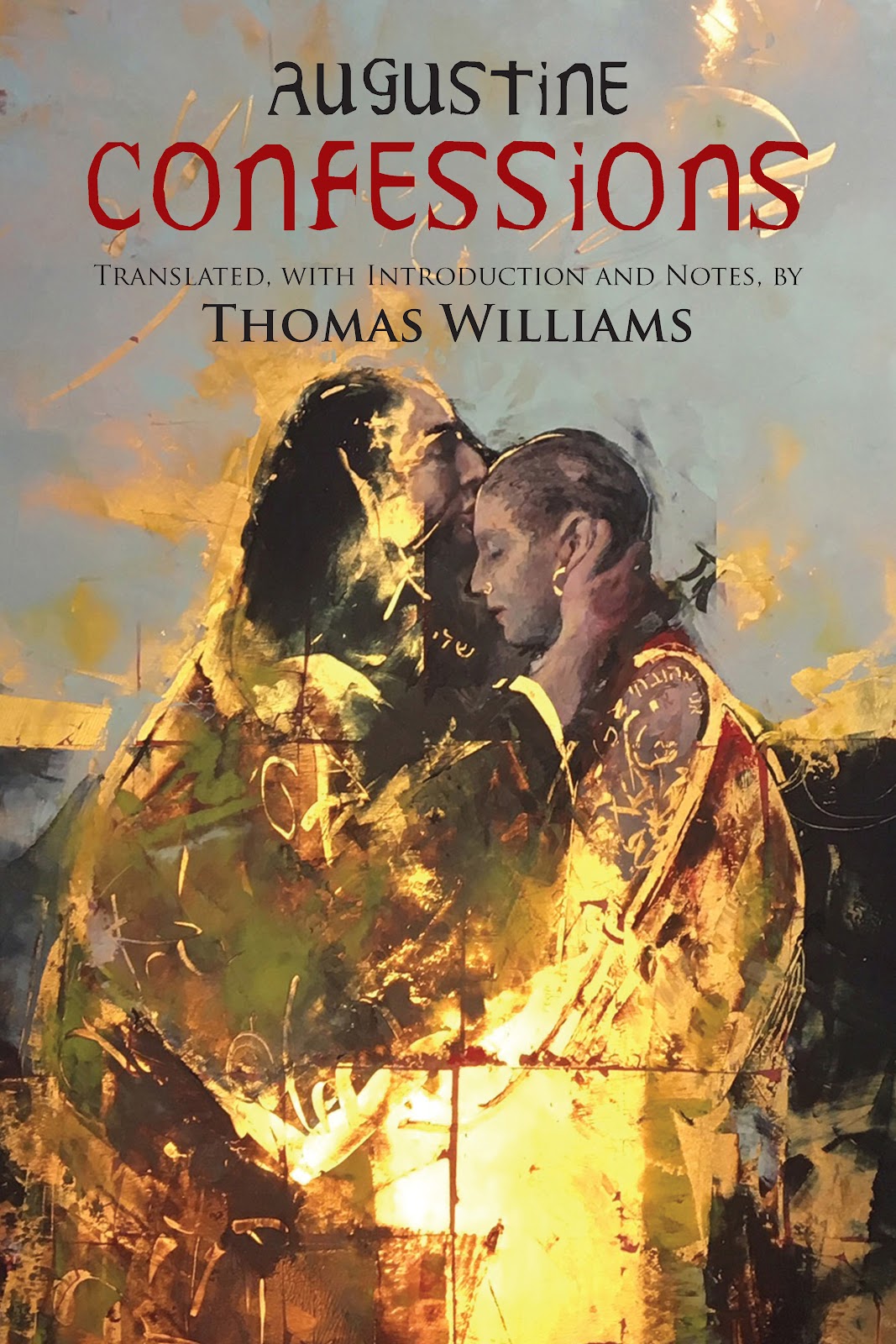Confessions
“And men go abroad to admire the heights of mountains, the mighty waves of the sea, the broad tides of rivers, the compass of the ocean, and the circuits of the stars, yet pass over the mystery of themselves without a thought.” ― St. Augustine of Hippo, Confessions
Rereading this book I am reminded once again how powerful it is and how modern it seems to be. Like all classics it bears rereading and yields new insights each time I read it. But it also is unchanging in ways that struck me when I first read it; for Augustine's Confessions is both an apologetic account of his intellectual search for understanding and wisdom, yet in pursuing that search finding a rootlessness due to an ultimate dissatisfaction with different philosophical positions that he explores. From the carnality of his youth to the moment in the Milanese Garden when his perspective changed forever you the story is an earnest and sincere exposition of his personal growth. You do not have to be a Catholic or even a believer to appreciate the impact of events in the life of the young Augustine. The certainty for which Augustine strives is not found in philosophy alone, but rather in faith, only Christian faith, is this certainty possible for him. Having recently read Cicero myself, I was impressed that Cicero's writing had an important impact on Augustine.
His relations with his mother, Monica, are among those that still have impact on the modern reader. The combination of his personal insights, relations with friends and teachers, and the unusual (for his time) psychological portrait make one realize that this is one of those "Great" books that remind you that true insight into the human condition transcends time and place.
I must add an additional recommendation of the book A Third Testament by Malcolm Muggeridge, the British journalist and author. Muggeridge provides brief chronicles of six great searchers for spiritual fulfillment. These include, in addition to St. Augustine, Blaise Pascal, William Blake, Soren Kierkegaard, Leo Tolstoy and Dietrich Bonhoeffer. It is a short but elegant treatment of their personal searches for meaning.

No comments:
Post a Comment